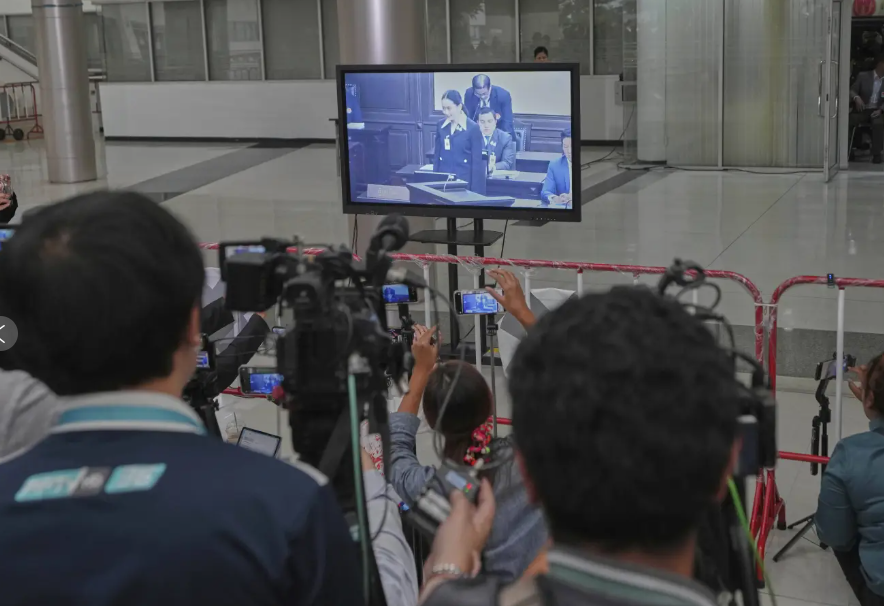
Thailand’s suspended Prime Minister, Paetongtarn Shinawatra, recently took the stand in court ahead of a crucial August 29, 2025 verdict—a hearing that could determine her political future. The case stems from a controversial phone call with Cambodian Senate President Hun Sen, which was leaked and sparked allegations that she betrayed national interests and breached ethical duties. This scandal led to her suspension by Thailand’s Constitutional Court.

At the same time, the government’s flagship Entertainment Complex Bill—including plans to legalize casino resorts within integrated developments—has been deeply affected by the political fallout. The bill, aimed at boosting tourism, formalizing illegal betting, and generating revenue through entertainment complexes, had initially passed cabinet approval earlier this year but has since been stalled or withdrawn amid growing instability.
In the wake of Paetongtarn’s suspension, the Cabinet officially withdrew the bill from Parliament’s agenda. Officials framed the move as necessary to allow more public engagement and understanding, though political upheaval and widespread opposition were clearly driving factors. Critics argue that the bill remains shelved as the government struggles to rebuild credibility and maintain legislative momentum.
Ultimately, the court outcome on August 29 may determine not just the Prime Minister’s fate, but also whether the casino legislation returns for reconsideration. Until then, Thailand’s ambitions to introduce integrated resorts remain in limbo, caught in the crossfire between political crisis and policymaking uncertainty.

 Content Writer: Janice Chew • Friday, 25/08/2025 - 16:40:47 - PM
Content Writer: Janice Chew • Friday, 25/08/2025 - 16:40:47 - PM